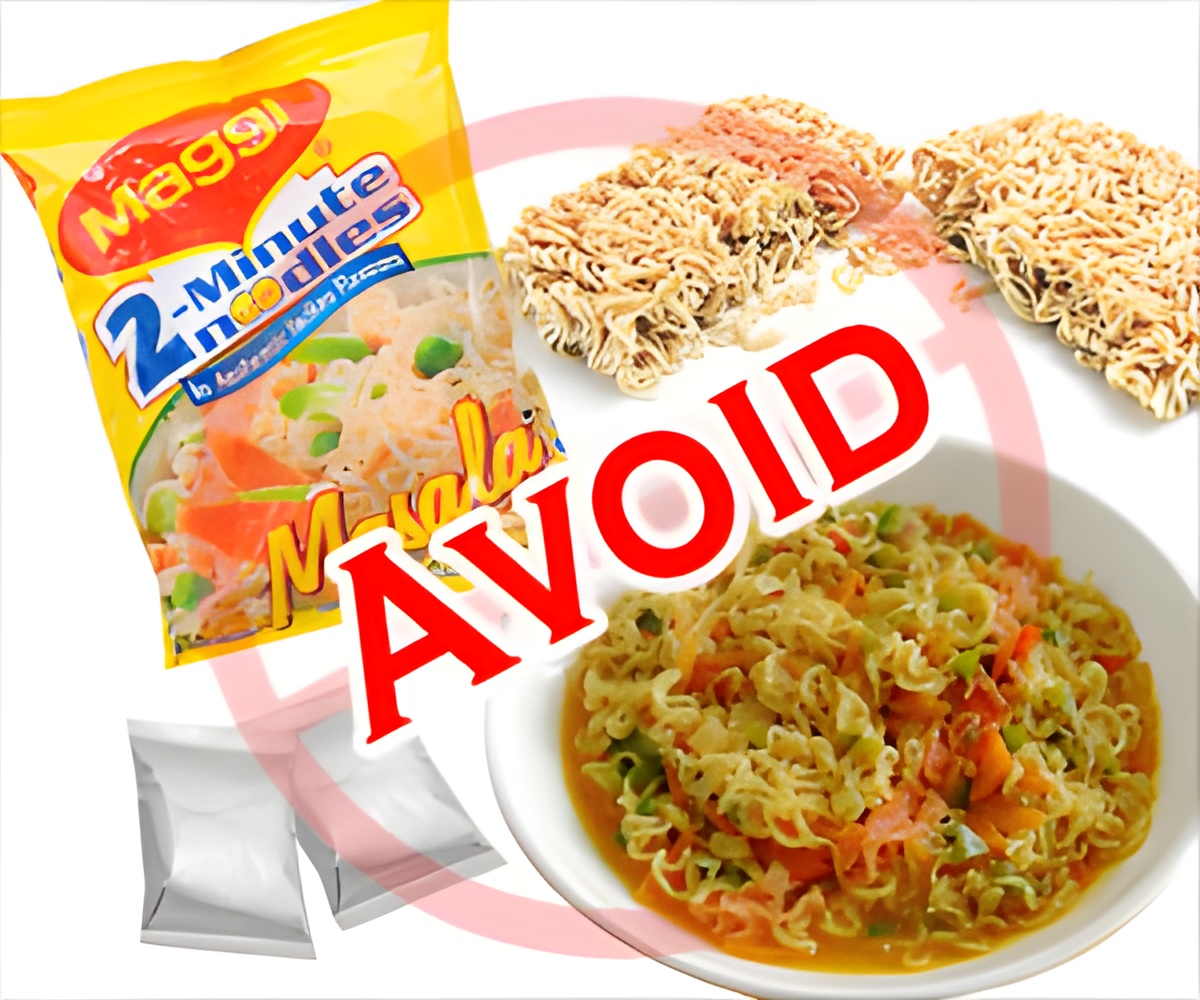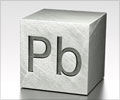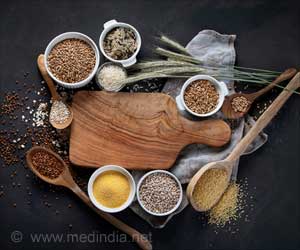
Thuppil Venkatesh, Principal Advisor Quality Council of India (QCI) and National Referral Center for Lead Projects in India (NRCLPI) questioned the lack of inspection of recycling and disposal methods of lead-based products. Venkatesh, also the Chairman of Indian Society for Lead Awareness and Research (INSLAR), said, "It is a consumer-driven market. The demand for lead is so high in our country that the producer will use all sorts of unscrupulous method to supply. Today there is no check on handling of toxic materials. Where is the inspection when the neighboring area is recycling lead and the environment gets polluted. Another concern for states like Karnataka and West Bengal is the use of lead-based paints on idols during religious festivities, which are then immersed in water bodies."
Mukul Das, scientist and area coordinator, Food, Drug and Chemical Toxicology Group, Indian Institute of Toxicology Research, Lucknow, said, "The main source of lead is through recycling of lead acid batteries, which can pollute air and water. From these two sources, lead can reach our food chain. The other sources of lead exposure are through oil paints, ceramic industry, toys and wrapping of food articles in newspaper. Apart from strictly curtailing the recycling of lead-acid batteries, the waste material from oil paint, ceramic and toy industries should be treated before draining off."
B. Dinesh Kumar from Hyderabad's National Institute of Nutrition said, "Lead exposure does not discriminate between the rich and the poor. In rural areas, children are exposed to duplicate samples of these packaged foods. How will you know where they come from? The machineries used in food processing and packaging, what about them? Also, they are, in comparison to the kids in urban landscape, malnourished. Besides, the backyard recycling of lead batteries and other products is commonplace in rural areas. This is just the tip of the ice-berg. To keep pace with global progress, India has no way but to embrace modernization, including in food production. But at the same time, it must like other countries adopt improved technologies. The procedures for monitoring must be made strict and methods should be updated. The same should apply to branding and labeling of products."
Source-Medindia














